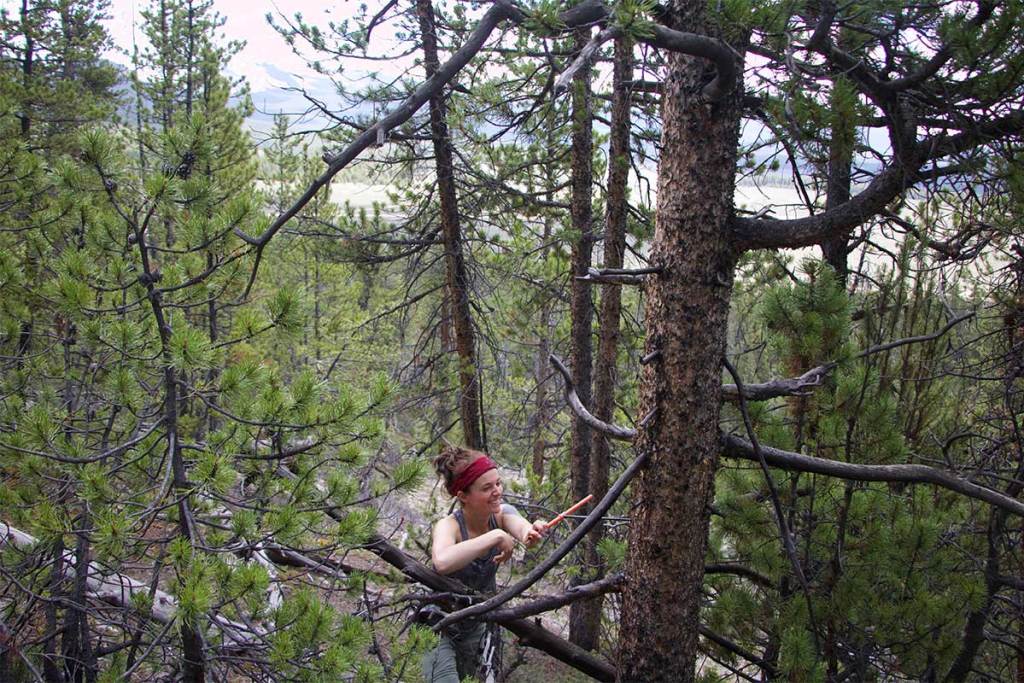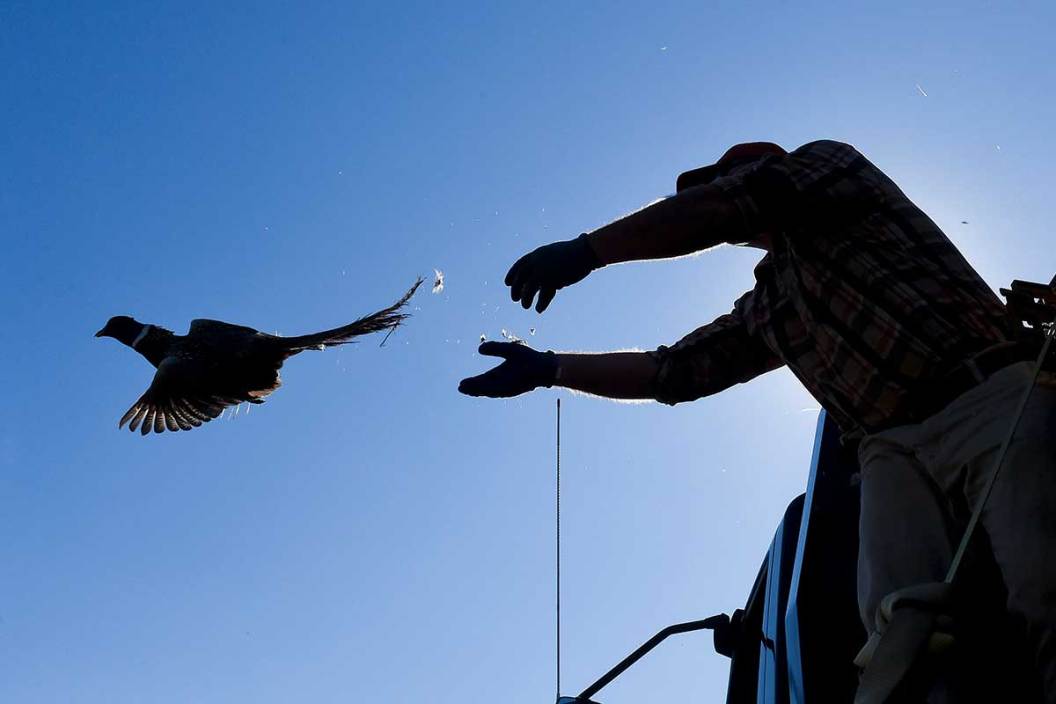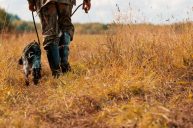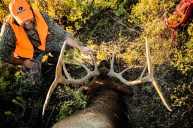When I was a senior in high school, the only thing I knew about my future career is that I wanted to work with animals. At the time, the only option I thought I had was veterinary school. However, my lack of desire to go into any kind of medical profession made me hesitant to pursue it. I had one high school teacher, Mr. Thompson, whom I trusted a lot. Prior to applying to college, I asked to talk to him about my options post-graduation.
During the conversation, Mr. Thompson asked me if I had ever heard of state wildlife agencies. I said no. He then described wildlife biology to me, and mentioned there's more than one way I could work with animals. I didn't have to attend an intense, competitive, and expensive collegiate program. As a result of our conversation, I pursued a non-veterinary degree in wildlife ecology from the University of Wisconsin-Madison. I graduated from the Aldo Leopold-founded program in the spring of 2018.
There's More Than One Way to Work In Conservation
Most conservation nonprofits, businesses, and government agencies hire a diverse array of experts when it comes to hiring conservation professionals. Wildlife biologists are one of the experts that organizations seek to hire, but there are also less obvious job titles that contribute to conservation. Everyone from environmental engineers to science communicators are included when it comes to working in wildlife conservation.
Marketers are needed to effectively get the word out and fundraise for nonprofits. Writers and other professional communicators help connect scientific information and the public's understanding of it. Even creative types, like web designers and illustrators are necessary to create accurate depictions of conservation ideas and processes, sharing everything from a species-specific, scientifically accurate illustration to a chart of Earth's rain cycles.
Here are the potential college programs to consider, depending on your interests. Majoring in one of these areas can help kickstart your career in wildlife conservation.
Wildlife Ecology
Wildlife ecology is the study of ecological processes and conservation tools. In their careers, wildlife ecologists and biologists apply the scientific method to manage and conserve wildlife populations and their habitats.
Students who major in wildlife ecology often work for state agencies like the Wisconsin Department of Natural Resources, federal agencies like the U.S. Fish and Wildlife Service, or non-governmental entities like airports, consulting services for private landowners, or conservation-based nonprofits.
I'm a graduate of UW-Madison's wildlife ecology program. I'm biased, but I loved my time at UW and highly recommend their program. Wildlife ecology is a major offered at many universities, though.
Forestry and Silviculture
According to the U.S. Department of Agriculture, silviculture is "the art and science of controlling the establishment, growth, composition, health, and quality of forests and woodlands to meet the diverse needs and values of landowners and society such as wildlife habitat, timber, water resources, restoration, and recreation on a sustainable basis."
Silviculturists and foresters typically do hands-on forest maintenance on private lands or national forests. They're also in charge of planning forest uses including logging, timber management, wildlife habitat planning, and more.
Fisheries Biology

Getty Images: ANDY BOWLIN
If fishing in freshwater streams, lakes, and ponds are your thing, I recommend you study fisheries biology or limnology. Fishery biologists generally manage aquatic ecosystems and fish populations. Limnologists generally manage water quality and other biological, chemical, and physical features of fresh bodies of water.
Marine and Coastal Science
If recreating on or in saltwater is more up your alley, it's worth looking into marine and coastal science as a potential major. Everything from ocean acidification to trash removal to coral reef conservation is an option when studying marine science.
Environmental Studies
A more general degree program, environmental studies usually allow majors more flexibility than biology-based programs. Students commonly select this major if specific things like wildlife ecology or fisheries biology are unavailable at their university. With a major in environmental studies, you can gain experience in everything from climate change ecology to natural disaster impacts on marginalized populations. I recommend chatting with your advisor to find a focus for your environmental studies endeavors.
Community and Nonprofit Leadership
Majoring in community and nonprofit leadership is a great idea for anyone who knows they want to work for a conservation-based nonprofit or other small non-governmental organization. Especially if you have experience with hunting, fishing, or other forms of wildlife-based outdoor recreation, having skills in nonprofit management will complement your personal skills beautifully. The combination of these two skillsets provides the base for nonprofit leadership.
Master in Environmental Management (MEM) Programs

Gabriela Zaldumbide
I'm a product of this major; the photo above shows me taking a tree core sample for my Master in Environmental Management graduate project.
If you already have an undergraduate degree and are looking for a career change, then earning a master's in environmental management may be a good option to consider. I'm also a Western Colorado University graduate; I earned a MEM degree through their environmental management program where I was able to focus on integrative and public land management. I then designed my own master's project based on wildlife management strategies on the public lands near me. However, others in my same cohort were studying things like renewable energy, climate change impacts on small communities, how to remove trash from our atmosphere, and sustainable housing options. This flexible program was exactly what I needed to narrow in on my interest in wildlife ecology on my own.
But Wait, There are More Options!
Are none of these majors quite doing it for you? You've still got options.
Majors like marketing, environmental engineering, science communications, website development and coding, political science, and more can all get you in the door for a career in wildlife ecology. Conservation organizations need websites and web managers. They also need partnership coordinators with marketing skills, administrators with HR experience, and politicians willing to listen to them. No matter what your skillset or interests are, there is likely a career for you in wildlife conservation.
READ MORE: THE DINGELL JOHNSON ACT HELPS FUND MORE FISHING CONSERVATION THAN ANYTHING ELSE




